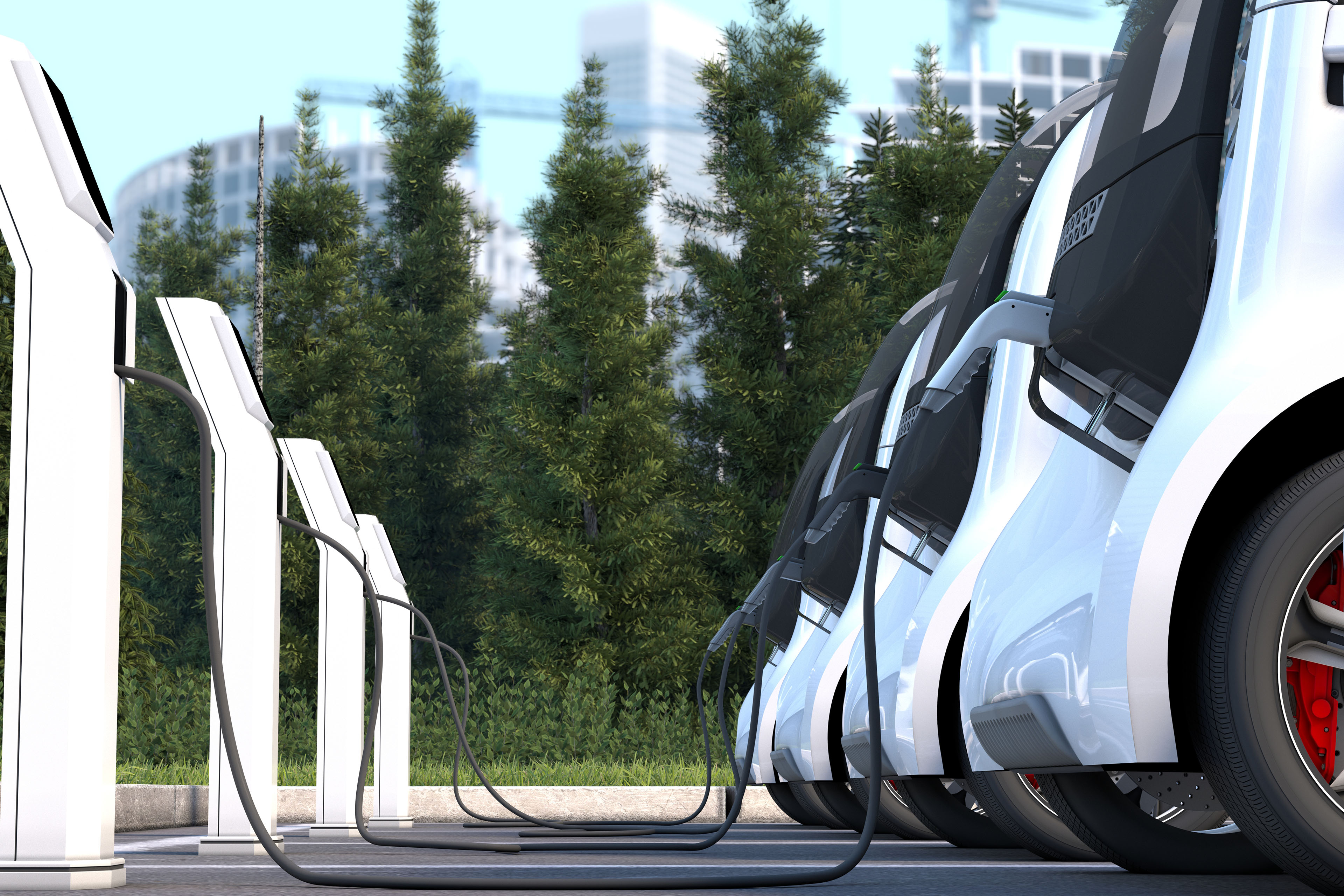EY refers to the global organization, and may refer to one or more, of the member firms of Ernst & Young Global Limited, each of which is a separate legal entity. Ernst & Young Global Limited, a UK company limited by guarantee, does not provide services to clients.
Energy
We are passionate about all things energy and have longstanding, deep-seated expertise supporting clients in all stakeholder groups, both domestically and internationally and across the value chain. We regularly work on high profile matters and first of kind and first in market structures. Our team brings together a wide-range of traditional legal skill sets including M&A, corporate and commercial law, project finance, construction, real estate, regulatory, employment, digital and technology and funds and financial services but we do so much more. Our capability transcends these traditional legal practices and brings them together in an integrated sector facing legal team. We leverage our strong teaming culture across the EY platform and integrate our legal expertise with Energy professionals across the firm to assist clients with whole-of-business energy advisory services.
Our Areas of focus:
- Power and Utilities (including Heat and Water))
- Oil, Gas and Petrochemicals
- Hydrogen, Clean Fuels and Carbon Capture
- Renewables
- Offshore Wind
- Nuclear
- Waste to Energy
- Transmission and Distribution
- Distributed Energy
- Climate Change and Sustainability
- ESG
- Decarbonisation
What EY can do for you
- Energy sale, purchase and supply agreements across the sector (including fuels, power, gas-to-power, power-to-X, wholesale, retail and renewable)
- Acquisitions and disposals of energy assets and energy projects at all stages of their development and operational lifecycle
- Joint ventures and co-ownership arrangements
- Project delivery including negotiations of key project delivery contracts including construction, operation and maintenance, grid connection and asset management
- Project delivery agreements / development service agreements
- Debt financing (including major syndicated and intercreditor arrangements) including corporate, real estate and project finance
- Investment and fund structuring and restructures
- Legal due diligence, RFI and data room management
- Governance and regulatory compliance
- Sustainability and ESG legal advisory and transaction execution
Our latest thinking
When does Australia’s energy transition become an energy transformation?
Australia holds its place among the world’s top 10 renewable energy markets, and addressing three challenges could catapult it into the top spot.
How technology can help energy companies win the race to decarbonise
As momentum to cut carbon emissions gathers pace, new technologies could help energy companies lead the way.
What does a customer-led energy transition mean for Australian energy?
Six strategic imperatives can help energy providers meet the changing demands of Australian customers.
How can we get ahead if we fall behind in managing climate risk?
New analysis suggests Oceania companies must accelerate the development of their climate risk disclosure and management capabilities.
The new era in sustainability reporting webcast, December 2023
In this webcast, you will learn about timeframes for implementation that are unprecedented in the world of corporate reporting, reflect on 2023, and look ahead to 2024.
How can the net zero transition create a nature-positive advantage?
Explore how Australia’s net zero goals could support a nature positive economy, biodiversity conservation, environmental protection and sustainability.
How can the vantage of space give you strategic advantage on Earth?
Unlock the power of space to transform your business! Discover how insights from Earth observation data can help your organisation. Seize the opportunity now!
Navigating the new frontier of sustainability standards
International Sustainability Standards Board (ISSB) disclosure requirements represent a significant shift in financial reporting. Learn more.
The Carbon Border Adjustment Mechanism: Can carbon pricing be your new competitive edge?
Just 0.9% Australian and New Zealand exports will be captured by the European Union’s CBAM when it begins on 1 October 2023 – but it’s a policy portend of what’s to come.
What do reforms to the Safeguard Mechanism mean for your business?
With reforms to the Safeguard Mechanism set to roll out on 1 July 2023, the EY Net Zero Centre has released fresh analysis to cut through the complexity and help companies navigate the next steps.
How can value realised today reshape tomorrow?
EY Oceania is committed to transparency. With the 2022 Oceania Value Realised Scorecard we report on how we’re creating long-term value for our stakeholders – EY people, clients and society. In 2021, we presented our first Value Realised Scorecard, providing a baseline to evaluate our performance. This year’s Scorecard details our performance and progress towards our commitments.
Why business leaders need to reinvent their supply chain post COVID-19
COVID-19 has challenged supply chain resilience. A new, fit-for-purpose one is to be reinvented. APAC business leaders need to know what to start and stop.
Why Australian consumers are charging toward electric vehicles
Demand for electric vehicles is up, motivated by financial as well as climate concerns, according to the Global EY 2022 Mobility Consumer Index. Find out more.
How can ESG reporting fuel positive change?
Companies are doing better at addressing emerging reporting requirements but must not lose sight of impact.
How Australia is strategising its place in the space race
As the potential for space tech to transform all manner of industries hits a new high, Australia is playing to its considerable strengths.
How can carbon offsets create new value in a rapidly changing world?
Net zero emissions cannot be achieved without carbon credits, but the volume of credits required to meet climate targets could grow by 40-fold between now and 2035.
As Space Tech takes off, one of the most important aspects to address is ensuring ever-more powerful AI applications emanating from it are transparent and trustworthy.
EY is now carbon negative, a major milestone in its carbon ambition
To reach this key milestone, EY has reduced absolute emissions, and then offset or removed more than the remaining amount of EY emissions. Learn more.




















